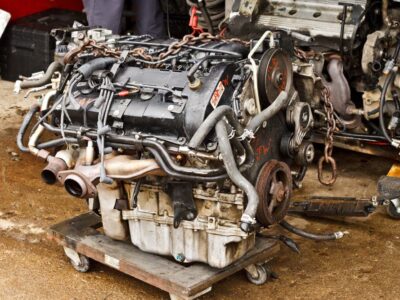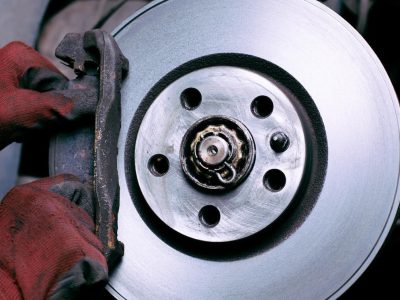Maintaining your car and getting repairs done can sometimes feel like a daunting task. When you hear a strange noise or notice any unusual behavior, it can be incredibly stressful. But, you need to maintain your car to keep it functioning in the long run.
One of the most critical parts of your vehicle is the hydraulic system. It includes components like the brakes and power steering.
If there are any issues with these systems, identifying them early can save you from expensive repairs and dangerous situations on the road.
To give you an idea, here are some signs to help you identify hydraulic system issues in your car.
1. Spongy or Unresponsive Brakes
One of the easiest signs of a hydraulic system issue in your car is a change in how your brakes feel.
If you notice that your brake pedal feels spongy or soft, this could be a problem. A spongy brake pedal means that there might be air in the brake lines, or there could be a leak in the brake fluid. This can severely impact your car’s ability to stop efficiently, posing a significant safety risk.
2. Leaking Fluid
Most hydraulic systems rely on fluids to function correctly. If you notice puddles or drips under your car when you are parked for some time, this could be a sign of a hydraulic fluid leak.
The hydraulic fluids are typically clear or slightly amber in color, and they might feel slick to the touch. If you see any signs of leaking fluid, you need to address it as soon as possible. Ignoring leaks can lead to more severe damage and costly repairs.
When you need to replace parts or fluid, make sure to use quality hydraulic hose products to make sure they last a long time.
3. Noisy Power Steering
If you hear any whining or squealing noises when you turn the steering wheel, this could be your car telling you that there is a problem with the steering system.
These noises often mean that there is a problem with the hydraulic fluid level or that there might be air in the system. Since the power steering system relies on hydraulic pressure to assist you in turning the wheel, any noise indicates that the system is not working as it should.
You should think about going to a mechanic to check and top up the hydraulic fluid to resolve these noises. But, sometimes the issue might require some repairs.
4. Warning Lights
These days, cars come equipped with a range of sensors and warning lights to alert you to potential issues.
If you see a brake warning light or a power steering warning light on your dashboard, your car is telling you that there could be a problem with your hydraulic systems. You should not ignore these warning lights. After all, they are designed to inform you of issues that need immediate attention to prevent further damage or safety risks.
If you have an old car that is constantly having hydraulic system issues and it feels like more trouble than it’s worth, you might consider options to sell scrap vehicle to get some value out of a car rather than having a financial burden.








Comments